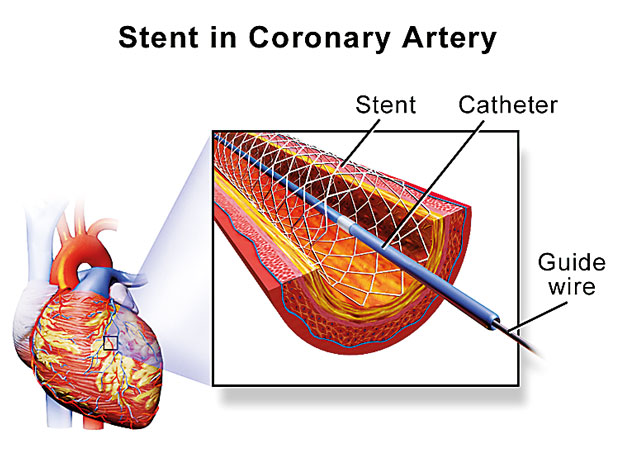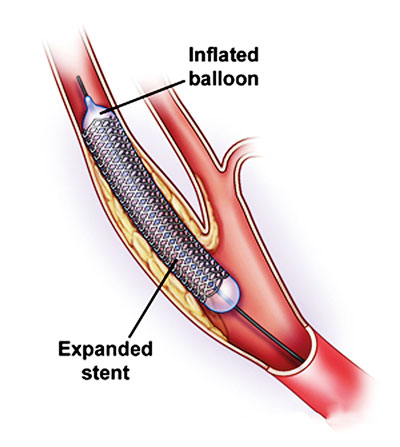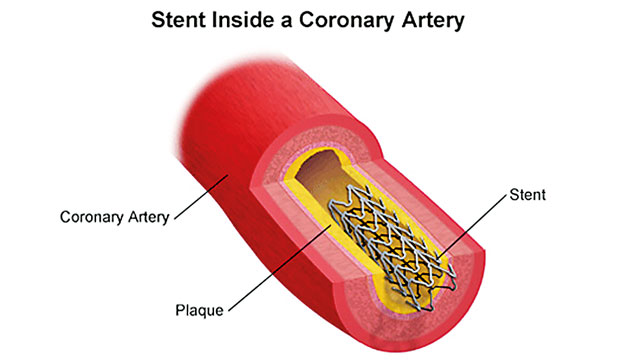22 Sep 2017 - {{hitsCtrl.values.hits}}

Coronary Artery Disease (CAD) is very prevalent in
Sri Lanka. Doctors have four means to treat patients with this condition.
1. Lifestyle counselling (smoking
cessation, exercise and diet)
2. Effective medications
(anti-anginals, cholesterol lowering statins, blood thinners etc.)
3. Stents to unblock coronary blockages
4. Bypass Surgery
 There are several investigations carried out to diagnose the presence and extent of CAD. The type of investigation a doctor may choose for this purpose depends on the patient.There are guidelines which help cardiologists make the correct decision. I have summarized a few important ones below.
There are several investigations carried out to diagnose the presence and extent of CAD. The type of investigation a doctor may choose for this purpose depends on the patient.There are guidelines which help cardiologists make the correct decision. I have summarized a few important ones below.
Exercise testing recommendations for screening
Exercise testing is used to identify whether a patient with cardiac symptoms has an insufficient blood supply to the heart on exertion. A positive test indicates that the patient may need either medication and/or further tests such as a coronary angiogram for the diagnosis and treatment of CAD. In general, exercise testing isn’t recommended for the routine screening of asymptomatic (free of any symptoms of coronary heart disease) men or women.

Recommendations for coronary angiography
Patients who are asymptomatic (free of any symptoms of coronary heart disease) and who have normal exercise tests don’t need coronary angiography.
So if you find yourself on the procedure table about to have a coronary angiogram, given that you have good exercise capacity and no symptoms of coronary heart disease (angina or breathlessness), you are probably in the wrong place!
Angioplasty/Stent
Coronary angioplasty or stenting, also called percutaneous coronary intervention, is a procedure used to open blocked heart arteries. Angioplasty involves temporarily inserting and inflating a tiny balloon to where your artery is blocked to help widen the artery.
Angioplasty is often combined with the permanent placement of a small wire mesh tube called a stent to help prop the artery open and decrease its chance of narrowing again. Some stents are coated with medication to help keep your artery open (drug-eluting stents), while others arern’t (bare-metal stents).
An important study published in the New England Journal of Medicine a few years ago revealed that patients with stable heart disease, who had angioplasty–stent procedures and took drugs to treat their coronary artery disease, had the same risk of future cardiovascular events as the patients who only took the drugs.

In the right setting an angioplasty-stent procedure can be effective in treating symptoms like angina and improving a patient’s quality of life. However, in many cases the risk and cost associated with the angioplasty-stent procedure isn’t worth the potential reward. Making lifestyle changes with attention to a good diet and regular exercise along with good drug therapy (anti-anginals, cholesterol lowering statins, aspirin) can improve cardiac health and is the cornerstone of good cardiac care.
In general, stents don’t prevent heart attacks or prolong life. However, if someone is in the middle of having a heart attack due to the sudden blockage of a heart artery, urgently opening the artery with a stent would prevent a small heart attack from becoming a severe heart attack and can prolong survival.
This type of emergency treatment isn’t available at all hospitals and in this situation the rapid administration of blood clot dissolving drugs is required. So if a person suddenly develops pain across the chest with radiation to the throat and arms, sometimes accompanied by sweating, the patient should call an ambulance if possible or go to a hospital quickly for an ECG to check whether their are signs of a heart attack.
I see many patients with no angina symptoms or breathlessness who are being stented just because they have a blocked artery. Clearly, from the scientific evidence, such stenting is not warranted and carries a risk.
So if you are getting a stent for CAD, when you have no symptoms such as angina or breathlessness, you are getting a very costly treatment with potential risks which will give you no benefit whatsoever!
23 Dec 2024 2 hours ago
23 Dec 2024 4 hours ago
23 Dec 2024 4 hours ago
23 Dec 2024 4 hours ago
23 Dec 2024 6 hours ago